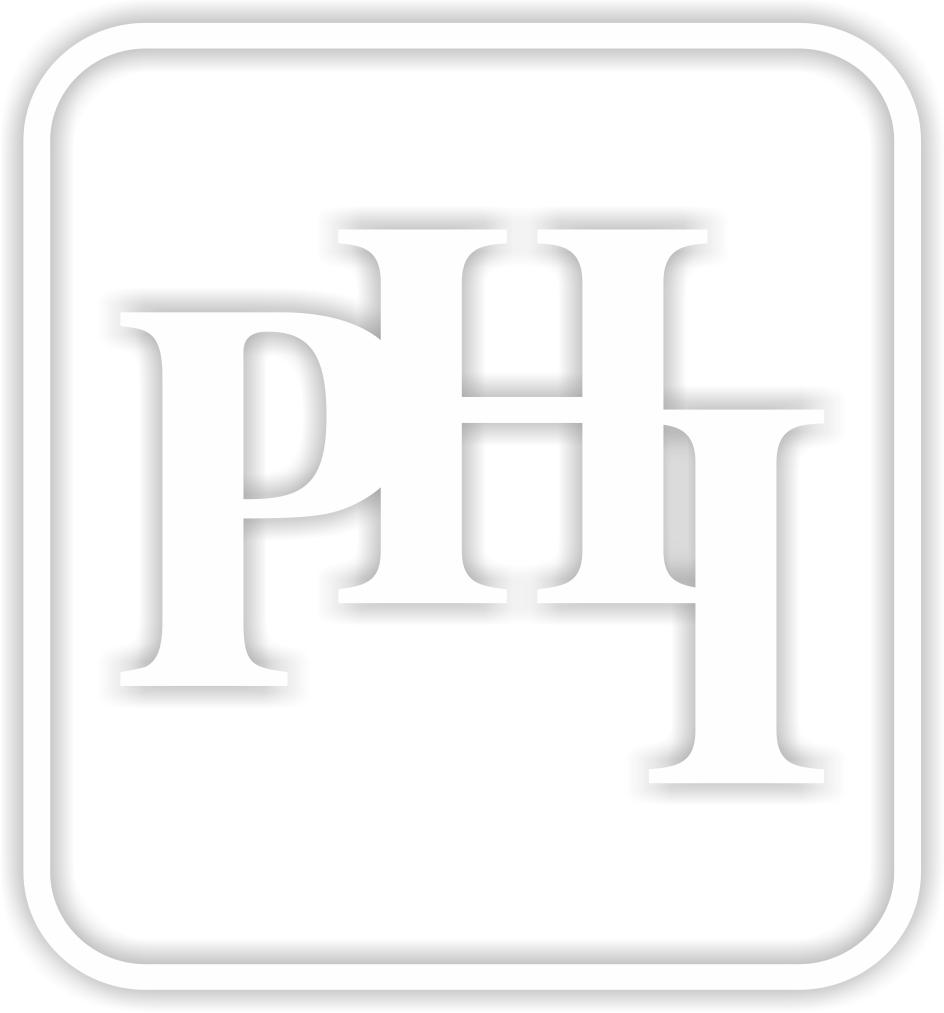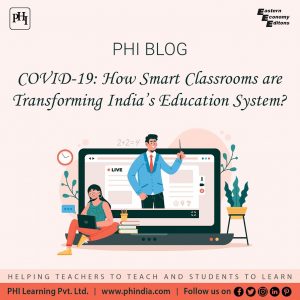The global pandemic has taken a massive hit on all the sectors of the economy. While it has been slightly easier for MNCs and professionals to adopt work from home as the new normal and continue business as usual, the times have been challenging for the education system around the world. With disruptions everywhere, several concerned scholars, citizens, politicians, and bureaucrats support the need for re-imagining and reinventing the education system. Hence, comes in the smart classroom systems.
The adoption of smart classroom systems by schools is transforming the traditional education system. The sudden switch is not only limited to private schools, but even several government schools have started running smart classes. Though the crisis is devastating, it is making our schools and even colleges, technologically advanced. No doubt, students and teachers have had to make more significant adjustments as learning has always been in classrooms. Moreover, many of them are not well equipped with technology tools to avail of remote learning.
“Use of technology in education is one of those methods that will help improve the quality of education in India. It is also altering the way education is provided in India. With the current pandemic, the opportunities to improve infrastructure across the K12 and higher education sectors have risen. Private schools had already gotten onto the bandwagon of e-learning, smart classrooms and some even making tabs mandatory right from pre-primary education. Now, considering the lockdown situation, one can imagine that many Ed-tech companies will see and perhaps seize the opportunity to fill the gap that may exist in bringing more schools on to the digital platform. As far fetched as it may seem, the next five years in India may make virtual education the new norm,” said Teja Gudluru, the Founder and CEO of UDO-now.com.
A key aspect of coping with Covid-19 is to ensure that the learning remains a continuous process virtually. Connecting students and teachers through digital platforms and necessary software through the use of laptop or phones is the latest transition in education, trying to eradicate the physical need of teachers or classrooms. This is an ideal time to accept technology and its latest offerings in order to make education delivery to students more efficient and make it more productive through online learning and assessments,” said Kiran Dham, CEO of Globus Infocom Ltd.
Digital Transformation of Education System
Due to the accelerated adoption of digital technology triggered by the lockdown, educational institutes, business houses, data management methods and online education solutions have been forced to work in tandem. Many educational institutes are considering this as an ideal time to experiment and deploy new technology to make education delivery possible and meaningful. In a move to not let the crisis hamper the curriculum, digital transformation has become a new norm with educational institutes across the country. Many are leveraging it as a chance to be more productive and efficient while developing innovative and improved professional skills through online learning and assessment.
The adoption of technology in education has led to an unprecedented transformation from teacher-centric education towards student-centric education. Virtual classrooms and various online tools are helping to continue and enhance the engagement between the teacher and students as close to the classroom-type experience. Going forward, smart classrooms are making everything possible from teachers and parent meetings to staff/management meetings, providing the necessary interactivity.
Dham added, “Technology is turning education from teacher-centric education to both teacher and student-centric education. Virtual classrooms and various online tools today allow us to make the engagement between the teacher and students as close to a real, in-classroom like experience, as possible. Technology-based education makes the education system more transparent and equal. Digital education needs balanced coordination between course content, educationists, technology and course-takers. It can only be successfully implemented with the availability of basic amenities like internet connectivity, availability and affordability of online systems, PCs, laptops, software, etc. Nonetheless, we can’t deny the fact that here in such extreme situations, COVID-19 has only accelerated the adoption of technology to make quality education accessible to everyone.”
Summing It All Up
The online assessment platforms or ed tech companies are continuously striving to improve their products. Much has been planned and implemented, and more improvement is underway.
The tremendous use of technology in teaching amidst crisis will lead to a new era in the education sector wherein the best of faculty will be available from across the globe to students. Quality of faculty, quality of IT infrastructure and familiarisation of the faculty with digital teaching technologies are important parameters foreseen in the future. There is no doubt that the crisis has accelerated the adoption of technologies to deliver education and will help strengthen the country’s digital learning infrastructure in the long run.
The impact of COVID-19 will remain for years, if not longer. The new normal will be that significantly larger numbers of students will attend classes from home. While this trend was already on the uptick, it will receive a massive impetus because of COVID-19. The great thing is that India is well prepared to teach the lakhs of students at home. The country has one of the world’s most extensive 4G networks on the planet. In virtually every part of the country, there is 4G connectivity. Even more impressive is the fact that data is very affordable. Over such robust networks, classes can be streamed with ease. Students who learn in virtual classrooms will find that their learning experience is as good as or maybe even better than that of students who sit in classes. The hugely transformative power of virtual classrooms is their ability to bring an endless number of courses to students’ doorsteps. A student living in the interior of the country can master a course on AI or big data without paying a considerable fee. Indeed, over the next few years, the number of students who get an education online will grow considerably,” said IntelliPaat Founder and CEO Diwakar Chittora.
Boost Students’ Learning Experience with PHI Digital Books!
Integrating eBooks into classroom teaching makes learning fun and engaging experience. Explore more about PHI e-books at PHI e-Books
Source: financialexpress.com


